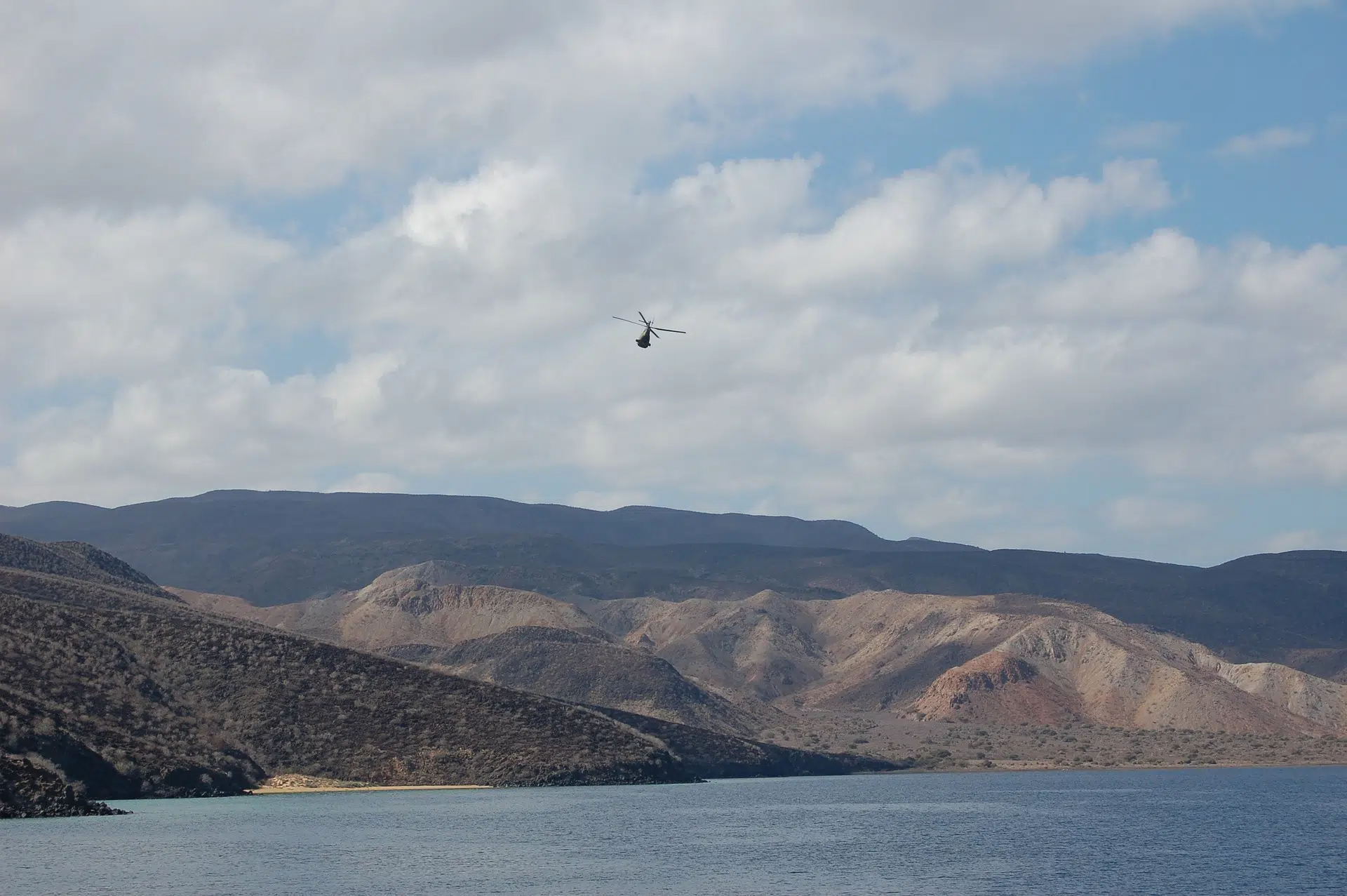Frequently Asked Questions About Djibouti
General FAQs for Djibouti
Which is the capital city of Djibouti?
What currency is used in Djibouti?
What are most spoken languages in Djibouti?
When is the best time to travel to Djibouti?
How many days do you need for a trip to Djibouti?
What is the emergency number in Djibouti?
The emergency numbers in Djibouti are as follows:
Ambulance: 17
Fire Service: 18
Police: 19
Emergency Services (Foreigners): 113
It is also important to note that although English is becoming increasingly popular in Djibouti, most of the emergency services personnel do not speak the language, so it is important to remember the local emergency numbers. It is also advisable to carry a copy of your passport and any other important documents with you at all times in case of an emergency. In general, it is best to avoid travelling alone in isolated areas after dark and be aware of your surroundings when exploring Djibouti. If you have any concerns, it is always best to contact the local authorities or your embassy for guidance and assistance. With careful planning and preparation, a trip to Djibouti can be an enjoyable and safe experience.
Places FAQs For Djibouti
What are the popular tourist places in Djibouti?
Djibouti has a lot to offer visitors, from stunning coastal views to desert safaris and cultural experiences. Some of the best places to visit in Djibouti include:
– Lake Assal – This large salt lake is the lowest point on land in Africa and is surrounded by beautiful volcanic scenery.
– Moucha Island – This tiny island off the coast of Djibouti is a great place for snorkelling, fishing and relaxing on the beach.
– Tadjourah – This city in northern Djibouti offers visitors a chance to learn about the rich culture and history of the area, as well as visit some of the local markets and explore the nearby national parks.
– Lac Abbé – This lake is located in a volcanic crater and is home to an array of wildlife, making it a great place for birdwatchers and photographers.
– Day Forest National Park – This park is home to many species of wildlife and is a great place to explore the local flora and fauna.
No matter what your interests or budget, Djibouti has something for everyone. With careful planning and research, visitors can find the perfect places to visit in this unique country.
















